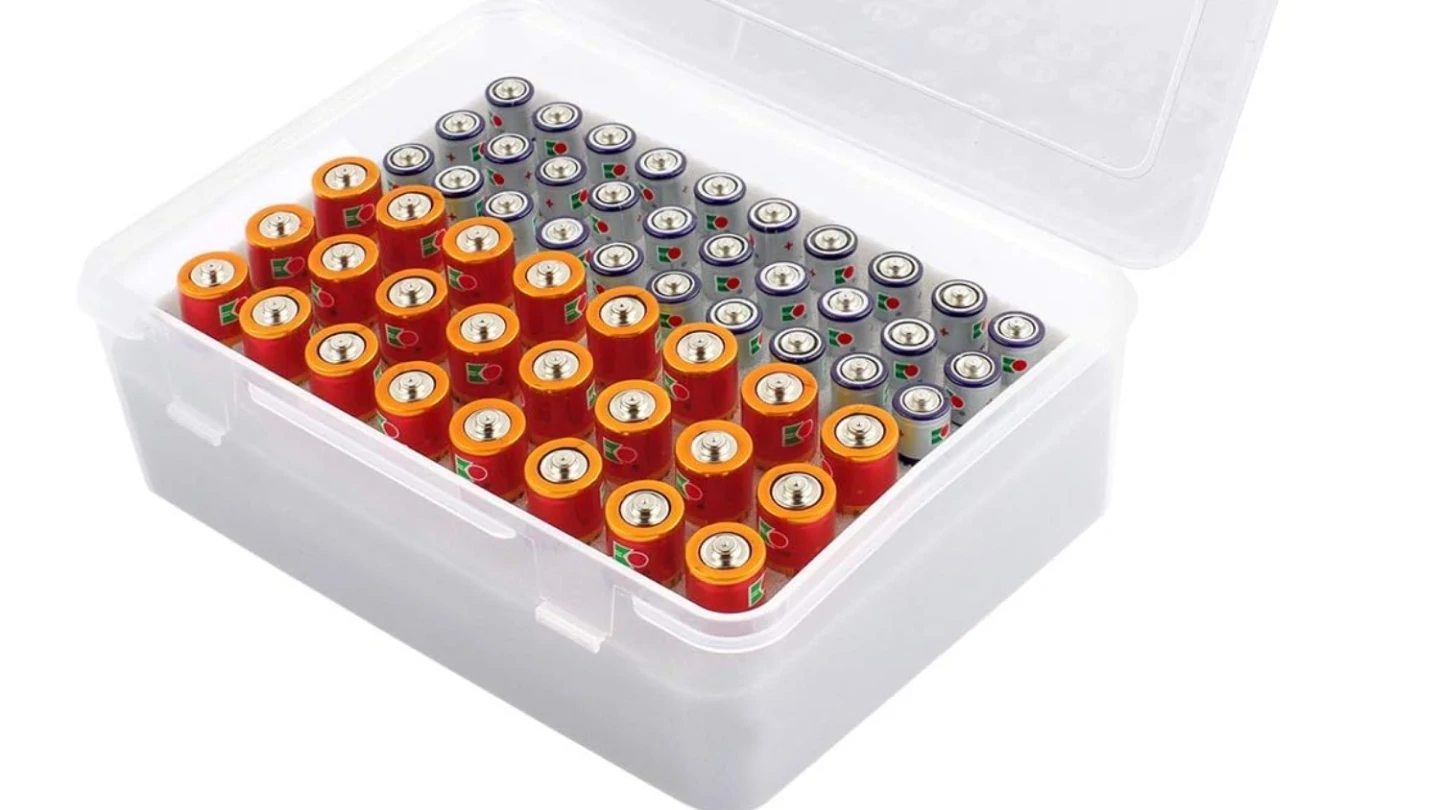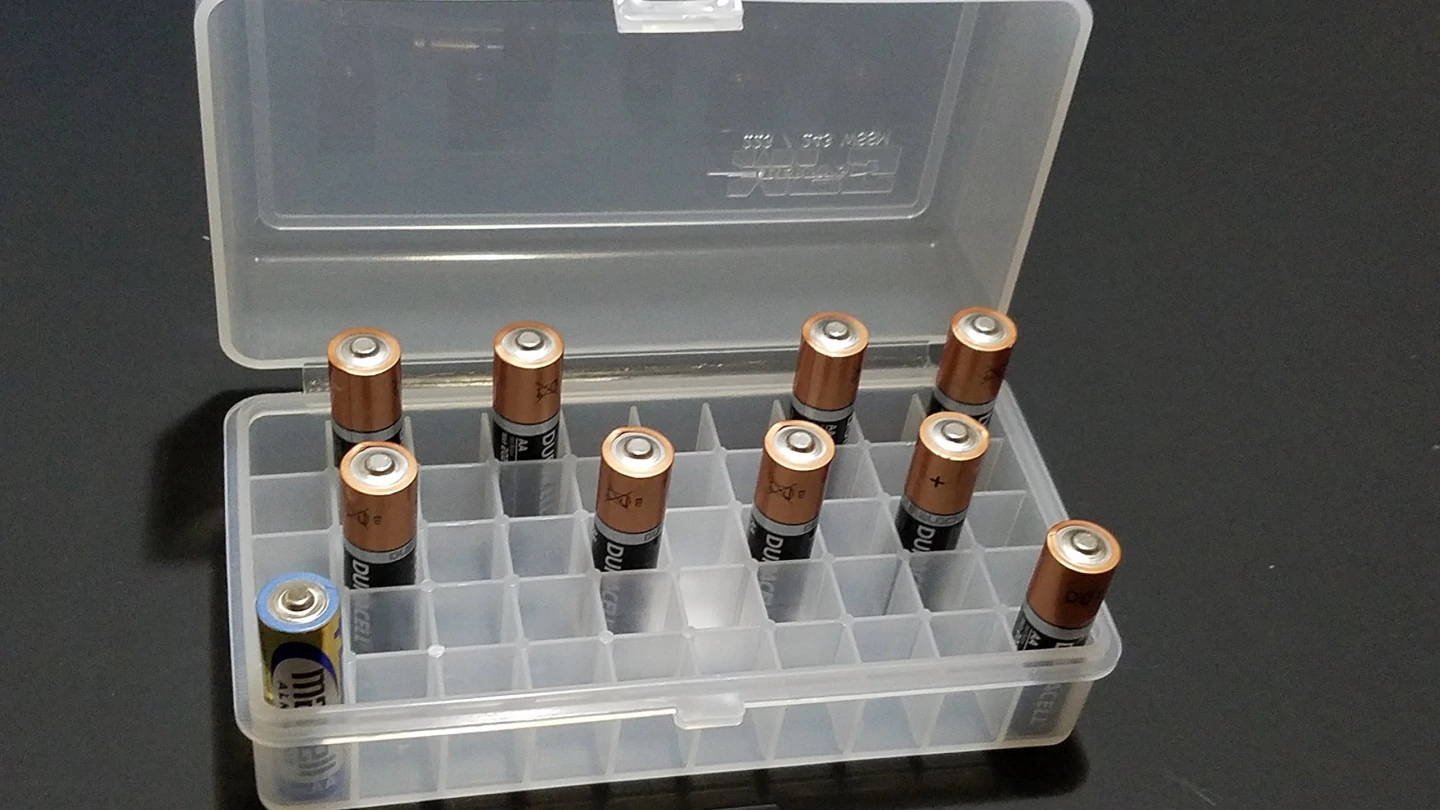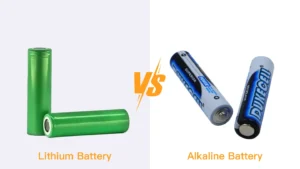Batteries are an indispensable energy source in modern life and play a significant role both in household and industrial applications. The correct storage methods can not only extend the service life of batteries but also ensure the safety during use. Storing batteries properly is crucial for reducing corrosion, preventing leakage and avoiding self-discharge. Moreover, proper storage of batteries can prolong their service life and ensure that they are available for use whenever you need them. Now, please follow me to learn how to store batteries correctly and the matters that need attention.

How to store batteries correctly?
The best place to store batteries
The best place to store batteries should be in a dry, cool and well-ventilated environment. Avoid storing batteries in hot or humid places, as these conditions may accelerate the chemical reactions of batteries and lead to a decline in battery performance or damage. Ideally, batteries should be stored at room temperature and kept away from direct sunlight and heat sources. High temperatures can damage all types of batteries. However, you shouldn’t put batteries in the refrigerator either. High temperatures will reduce battery performance, while low temperatures will cause the condensed water formed to corrode the batteries over time. Do not place batteries where they will be exposed to direct sunlight and keep them away from heat sources.
The Best Ways to Store Batteries
The Best Ways to Store Batteries for a Long Time
For batteries that won’t be used for a long time, you can store them according to the following suggestions:
Can Batteries Touch Each Other?
No, batteries should not touch each other. To prevent short circuits, a certain distance should be maintained between the positive and negative electrodes of batteries. If it is necessary to store multiple batteries together, battery separators or cardboard can be used to separate them.

Can Batteries Be Stored in Plastic Bags?
No, it is not recommended to store batteries in plastic bags if they are loose or mixed with other types of batteries. Batteries should be stored in their original packaging and kept away from other metals, different battery types and chemicals. Ideally, you should also choose a cool and dark place for storage. Then, if you want to put the packaged batteries into a plastic bag, you can rest assured to avoid any storage accidents.
How Long Can Batteries Last During Storage?
The storage life of batteries depends on their types and storage conditions. Generally speaking, unused alkaline batteries can remain valid for several years under appropriate storage conditions. Alkaline batteries and lithium-ion batteries have a shelf life of 4 years from the date of production. Lithium batteries can be stored for up to 7 years from the production date.
How to Keep Batteries Fresh?
- roper Storage Conditions
Store batteries in a dry, cool, and well – ventilated area. High humidity can cause corrosion, and extreme temperatures (either too hot or too cold) can affect battery performance. For example, avoid storing batteries near a radiator or in a damp basement. - Keep Batteries Separated
Different types of batteries (such as alkaline, lithium – ion, nickel – metal hydride) should be stored separately. Also, make sure that the positive and negative terminals of the batteries do not come into contact with each other or with metal objects to prevent short – circuits. You can use battery holders or plastic dividers to keep them apart. - Use Original Packaging or Appropriate Containers
If possible, keep batteries in their original packaging. The original packaging is designed to protect the batteries from external factors. If the original packaging is not available, use a clean, dry container such as a plastic box. - Regularly Check the Batteries
Even if the batteries are not in use, it’s a good idea to check them from time to time. Look for signs of leakage, corrosion, or swelling. If you notice any of these problems, it’s best to dispose of the affected batteries properly. - For Rechargeable Batteries
If you have rechargeable batteries, don’t over – charge or over – discharge them. Follow the manufacturer’s instructions for charging and storing. For example, lithium – ion rechargeable batteries are usually best stored with a partial charge (around 40% – 60%) to maintain their health.
How to Store AA and AAA Batteries?
AA and AAA batteries should be stored separately, using plastic bags or dedicated battery storage boxes to ensure they do not touch or roll against each other.
How to Store Batteries at Home?
When storing batteries at home, choose a safe location that is out of reach of children and pets. Ensure the area is dry, cool, and away from any sources of fire.
How to Store Dead Batteries?
Dead batteries should be stored separately and recycled as soon as possible. Do not mix dead batteries with new ones.
How to Store Duracell Batteries?
The storage method for Duracell batteries is the same as for other brands; follow the storage advice mentioned above.

How to Store Used Batteries?
Used batteries should be stored separately and checked for power levels before their next use. If the charge is insufficient, consider replacing or recycling them.
Is It Okay to Store Used Batteries?
Yes, it is okay to store used batteries, but make sure they are not mixed with other batteries and check their status regularly.
Safe Battery Storage
Safe battery storage means following all the storage advice mentioned above to ensure that batteries do not pose a risk to people or the environment.
Storage for Batteries
Choosing the right battery storage container, such as a dedicated battery storage box or plastic bag, can improve the safety and efficiency of storage.
Storing AA Batteries
AA batteries should be stored upright and ensured not to touch or roll against each other.
Storing Batteries
All types of batteries should follow the same storage principles: keep them dry, cool, and away from metal contact.
Where Is the Best Place to Store Batteries?
The best place to store batteries is a dry, cool, and well-ventilated area, away from direct sunlight and heat sources.
Where to Store Batteries?
At home, choose a safe location that is out of reach of children and pets to store batteries.
By following these professional storage tips, you can ensure the safety and performance of batteries, extend their lifespan, and reduce potential risks.




